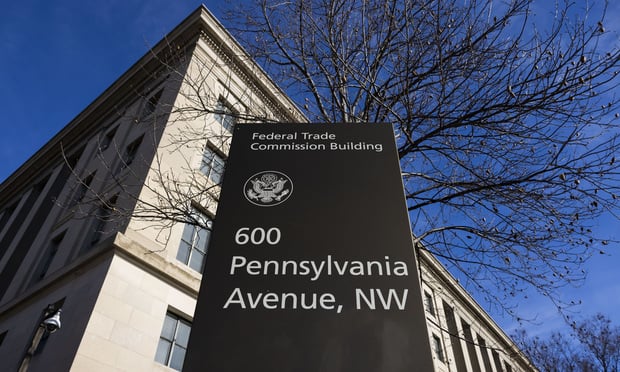The U.S. interchange battle between merchants and issuers is coming to a close now that the Durbin Amendment has been interpreted by the Federal Reserve Bank.
What's left has the industry scrambling for compliance. Large debit card and prepaid card issuers are already grieving over significant losses in revenue and the added expense of making it all work. The merchant community has largely prevailed, but not to the extent that it had hoped, given that the interchange rate cap was set at a higher level than was originally anticipated. In general, merchants persevered, however, and have become the major force in the routing of debit-based transactions.
Large banks, issuers, and networks have been stripped of their ability to set debit card interchange fees as they please. Prepaid issuer interchange rate cap exemptions will prevail for organizations with assets of less than $10 billion. Large banks that issue general purpose reloadable prepaid cards will have to make key decisions about how they manage these portfolios. On the surface, the outcome is somewhat neutral for credit unions, but opportunities exist to benefit from others' losses.
Complete your profile to continue reading and get FREE access to CUTimes.com, part of your ALM digital membership.
Your access to unlimited CUTimes.com content isn’t changing.
Once you are an ALM digital member, you’ll receive:
- Breaking credit union news and analysis, on-site and via our newsletters and custom alerts
- Weekly Shared Accounts podcast featuring exclusive interviews with industry leaders
- Educational webcasts, white papers, and ebooks from industry thought leaders
- Critical coverage of the commercial real estate and financial advisory markets on our other ALM sites, GlobeSt.com and ThinkAdvisor.com
Already have an account? Sign In Now
© 2024 ALM Global, LLC, All Rights Reserved. Request academic re-use from www.copyright.com. All other uses, submit a request to [email protected]. For more information visit Asset & Logo Licensing.









